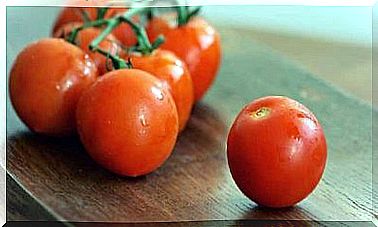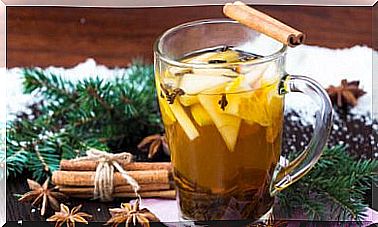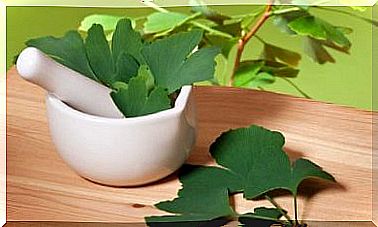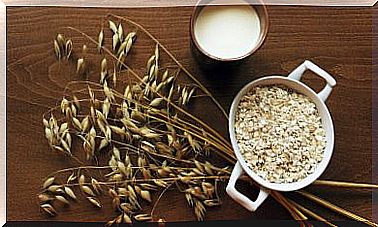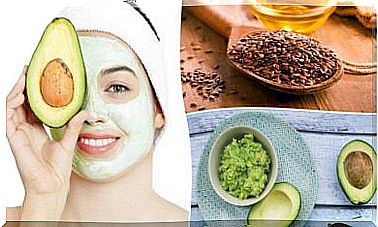Natural Antibiotics: Myth Or Reality?
Garlic, honey, propolis, onion and other foods, herbs and plants have been considered as natural antibiotics, useful in case of infection. At the same time, various combinations of ingredients have been proposed in recipes that are used both for the prevention and treatment of diseases. However, are they really as effective as you want to believe?
It has been claimed that there are foods such as garlic and honey that not only have multiple beneficial health properties, but also strengthen the immune system, protecting it from infections and, supposedly, making it stronger.
Although at the time it was considered that, for example, garlic could be a food with potential for the treatment of certain infections, researchers have concluded that its common use (whole, peeled, mashed, mixed with another ingredient , consumed only on an empty stomach) does not provide the desired benefits directly. Thus, for now, it is considered that only its inclusion within a balanced diet can make a contribution to health in general.
Many myths stem from misinformation
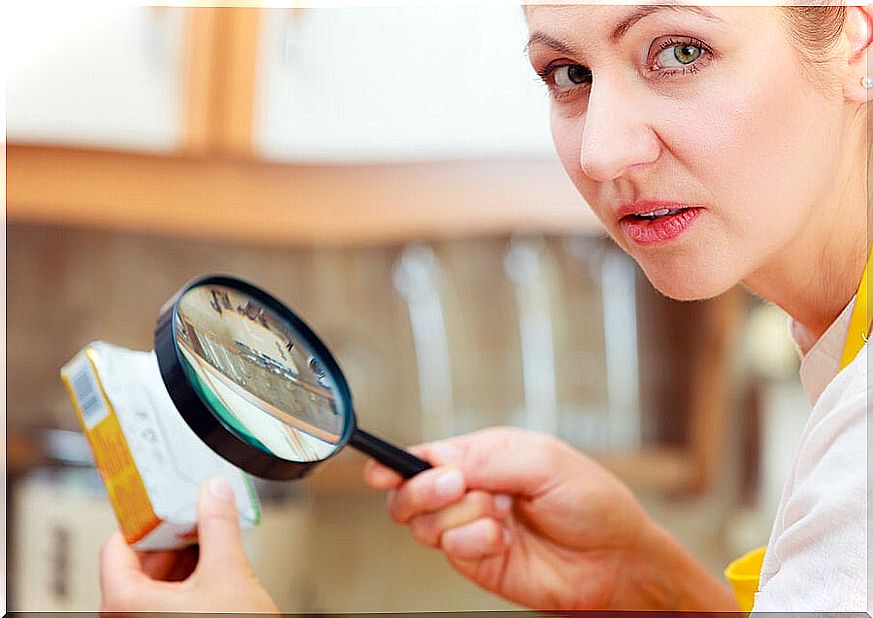
Chemophobia and the desire to obtain total protection at the moment have caused that, often, people turn to supposed natural antibiotics and all kinds of home remedies and products with high expectations and neglect the advice of their doctor, in favor of consuming something that supposedly provides “immediate” or short-term benefits, without requiring any other effort.
To enjoy health and well-being, you have to be sensible and consistent every day. It is useless to drink an orange juice for breakfast to “strengthen the immune system” if later we do not have a proper diet and our lifestyle is sedentary.
The fear of chemicals and the belief that any substance added to a food reduces health and causes harm is a very popular idea, as a result of the lack of information on the subject, the misrepresentation of the evidence provided by scientific literature, myths promoted by advertising and other issues that cause great confusion and, therefore, fear and rejection of what the doctor indicates. Especially since it tends to fall into the generalization of “natural vs. chemical ”, without taking into account that this actually does not happen like that.
It is not good to rush to conclusions
For this reason, it is advisable to try to become well informed about it and avoid making hasty conclusions about food. For example, a product with preservatives is not harmful just because it has them. It is harmful only if we consume it in exaggerated amounts, as a meal replacement.
Another very common example of the above is the belief that a food like garlic can treat infections. This is because it is known that this food has been extensively studied because it has been shown to have antibiotic potential against certain infections, however, the mechanism of action is not as simple as is usually imagined. Thus, eating a peeled garlic clove on an empty stomach does not work as intended.
It must always be borne in mind that it is the sum of good lifestyle habits that can really provide health benefits. Not the consumption (punctual or regular) of a specific food or a home remedy. If it were that simple, many things would be different when it comes to treating discomfort and illness.
What is an antibiotic?

The MSD Manual explains that: “Antibiotics (antibacterials) are drugs derived, in whole or in part, from bacteria or molds, and are used to treat bacterial infections. They are ineffective against viral infections and mycoses ”and he clarifies that their function consists in attacking microorganisms (stopping their reproduction or facilitating their elimination through the body’s natural defenses).
In other words: an antibiotic is a medicine that kills or prevents the reproduction of microorganisms (usually bacteria) that make the body sick.
When the doctor prescribes it, he does it in a dose and a certain period of time to ensure he does not expose the patient to complications. Therefore, this type of medicine should not be used indiscriminately. Its excessive use causes resistance, which forces the use of stronger antibiotics, with adverse effects on the body.
When medicines are used appropriately, it is not necessary to resort to natural remedies (not even as an adjunctive treatment), but rather to a healthy lifestyle that includes a balanced diet.
Discover: Antibiotics: Why Can’t They Be Abused?
Natural antibiotics can be used in specific contexts
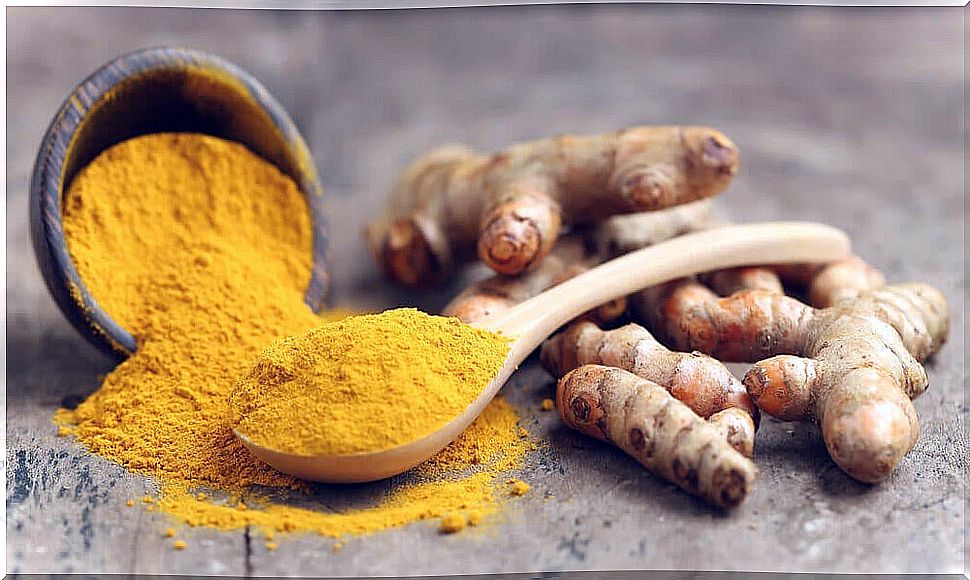
In various studies, garlic, onion, propolis, lemon, ginger, rosemary and other foods have been shown to have various properties with medicinal potential in specific contexts, which is positive, since it indicates that they could be used to obtain benefits . However, how to harness this potential is still under investigation, as in many cases the mechanism is not entirely clear.
Therefore, it is not bad to consume onion, garlic or lemon regularly to enjoy good health, as long as it is done within the framework of a healthy lifestyle, because in the end, it is the sum of good lifestyle habits that It provides benefits, not the consumption of a particular food or remedy.
In conclusion, what we commonly call “natural antibiotics” can be good supplements to a balanced diet, but not a solution as such to the health problems that we may have.
